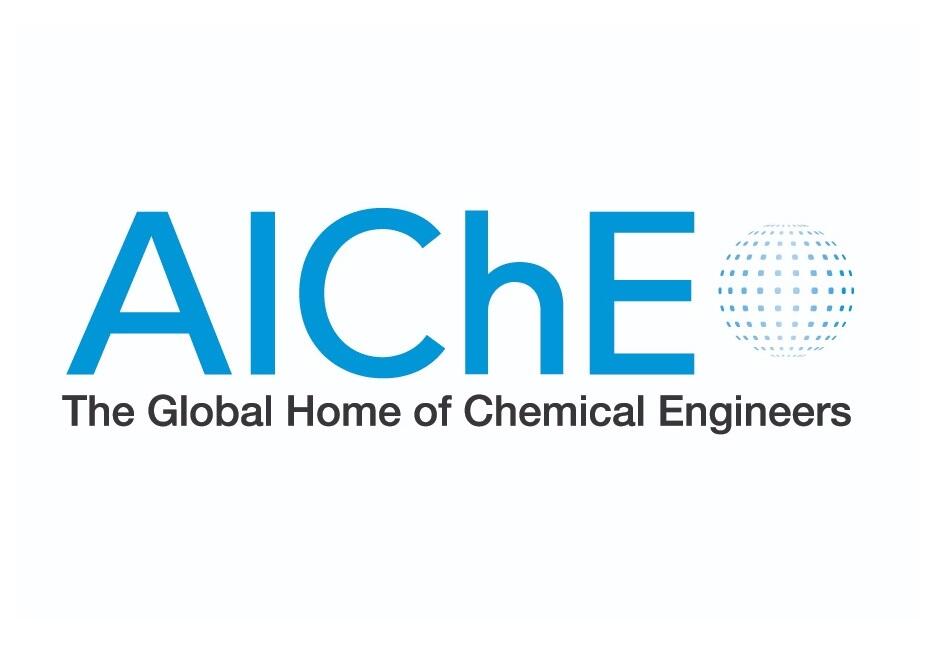AIChE Annual Meeting
Boston, MA
United States

SwRI will be exhibiting at the AIChE Annual Meeting, booth no. 102.
We specialize in many areas of research, including chemical engineering. We:
- accelerate process development with the design, building, and operation of pilot plants
- conduct proof-of-concept processing experiments
- operate our standard refinery pilot plants to produce test quantities of fuels or refinery products
- help our clients troubleshoot and optimize chemical and petroleum processes
- independently test samples for the oil and gas industry
Sunday, November 2, 2025
4:55 p.m. ET
“Beyond the Lab: Making Fluidization Models Work in the Real World,” — Austin Long
Monday, November 3, 2025
3:30 p.m. ET
“Utilization of CO2 By Reduction into Carbonaceous Forms: Experimental Data, Process Simulation, and Technoeconomic Analysis,” — Miles Salas
Wednesday, November 5, 2025
8:21 a.m. ET
“High Pressure Fluidized Bed and Slurry Reactors,” — Abraham Gutman
2:15 p.m. ET
“Improved Refinery Processing Strategies: Lessons Learned During Pilot Demonstration,” — Peter Schmitz
3:30 p.m. ET
“Process Technology and Scale-up Evaluation Tool: Integrating AI for Enhanced Energy, Emissions, and Economic Assessments of Chemical Technologies for Industry,” — Zoe Hackert and Andrew Earls
For more information, please contact Michael Hartmann.
